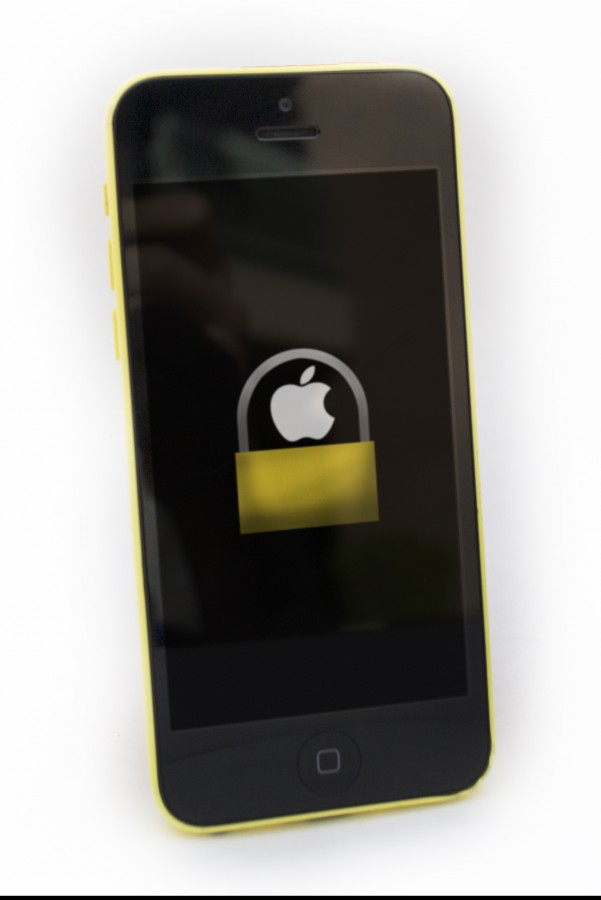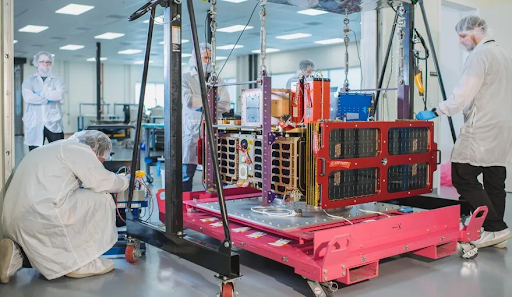Apple vs. FBI: The End
The battle between the Apple and the FBI has finally come to a close.
Technology corporation Apple Inc. has refused to unlock an iPhone containing information pertinent to an investigation.
April 8, 2016
Since December, the FBI had an ongoing investigation of the San Bernardino terrorist shootings. One of the killers, Syed Rizwan Farook, was discovered to have an iPhone 5C. A federal judge asked Apple to create a backdoor for the phone, so the FBI may access the phone without the factory reset. Fearing it could be used to hack into other iPhones and worried for the safety of their customers, Apple refused to create a backdoor.
Recently, a third party had created a backdoor of their own and had accessed the phone without Apple’s help. It is suggested that the third party was the Israeli firm Cellebrite, but it was never truly confirmed. The Department of Justice managed to access data from said iPhone and asked the judge to drop the case. In the end, Apple stood its ground, and the FBI still unlocked Farook’s phones despite Apple’s wishes.
It’s doubtful that this is the end of cases like these. Last month, several other companies are requesting Apple to unlock other iPhones. Apple hopes to find out how the FBI unlocked the phone and to continue on working with their security system, using that information.









